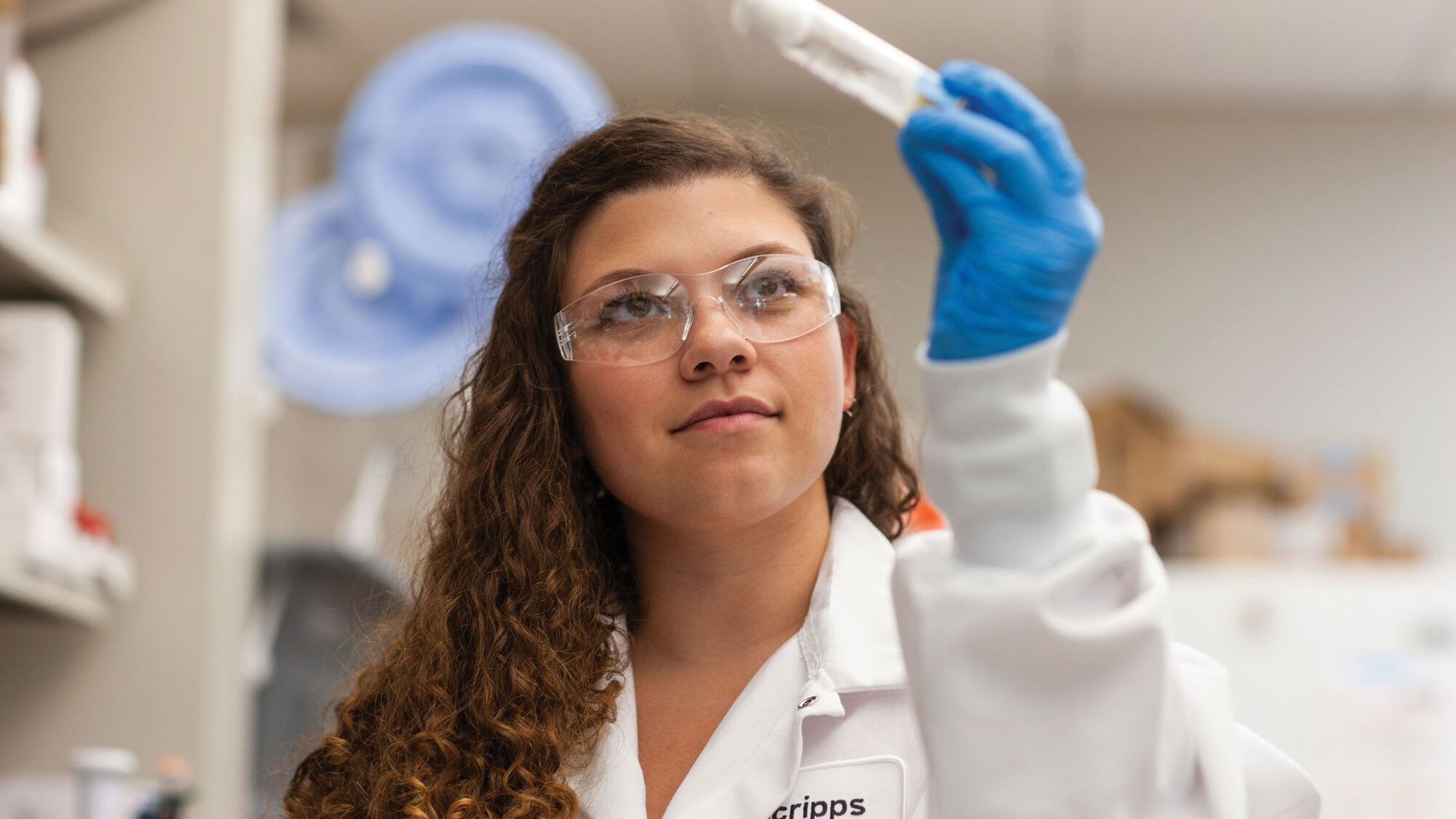
What inspired you to pursue science?
Happiness and fulfillment are said to be found in the pursuit of something truly meaningful—something closely aligned with our lifelong passions and goals. Often, these goals are shaped by life experiences involving family, friends, teachers and other role models.
Here, scientists-in-training at Scripps Research’s Skaggs Graduate School of Chemical and Biological Sciences share their own inspirational turning points, telling how their curiosities transformed into a desire to solve our world’s greatest biomedical puzzles.
VALENTINA BOTERO (pictured above)
HOME: Medellín, Colombia
RESEARCH FOCUS:
Deciphering how certain proteins associated with neurodevelopmental disorders affect how the brain controls its energy supply.
I wouldn’t say I was always passionate about science; I originally opted to attend architecture school. It was after taking a neuroscience class and learning about the intricate steps needed for our most basic actions that made me want to be part of scientific discovery. Thanks to key mentors, both inside and outside of the science community, I found the courage to change paths and pursue a career in research. My undergraduate advisor was instrumental to my belief that I could attend graduate school and his excitement for teaching has stayed with me ever since.
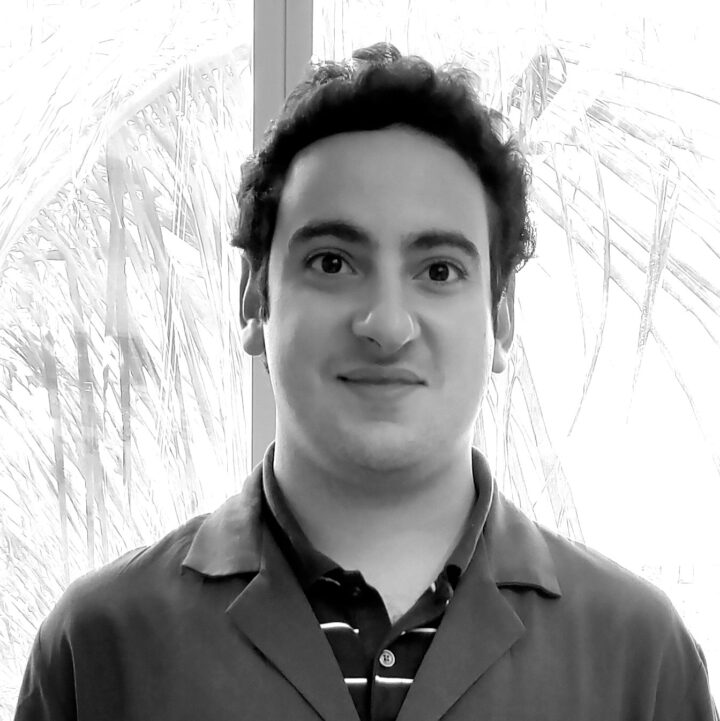
ALEXANDER AMATUNI
HOME: New Haven, Connecticut
RESEARCH FOCUS:
Using chemical processes to synthesize natural products with therapeutic potential for multiple myeloma and other hard-to-treat cancers.
I was lucky to have several family members engaged in scientific careers, so my appreciation for science began at an early age. My father and grandfather were both high-energy physicists, while my mother studied both art and computer science. Even though I developed a passion for the arts during my school years, especially cinema and literature, I ultimately wanted to pursue knowledge of the physical world through the lens of chemistry. I am most inspired by the application of chemistry to improve human life, and it has been a great privilege to have the support of my family and teachers in choosing this path.
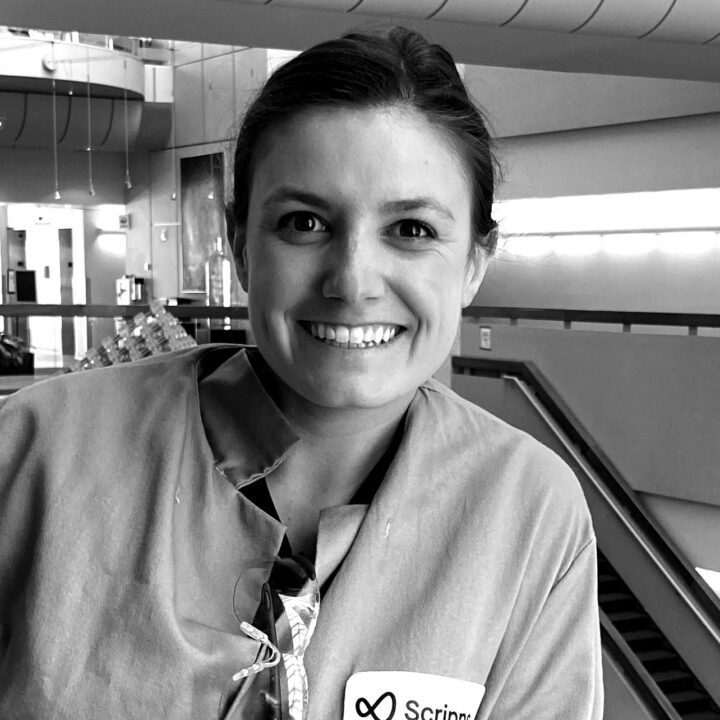
CAROLINE CUOCO
Baxter Foundation Fellow
HOME: Boston, Massachusetts
RESEARCH FOCUS:
Designing molecules that can break down toxic clumps of proteins in the brain, a hallmark of Alzheimer’s and Parkinson’s disease.
Since I was a child, I have always been interested in finding out about things I couldn’t necessarily see with my own two eyes. When I was 7 years old, my first National Geographic microscope connected me to the natural world; I began collecting and examining water samples from the stream in my backyard. It was then reading all the Jane Goodall books with my mom that really pushed me to start questioning the world around me.
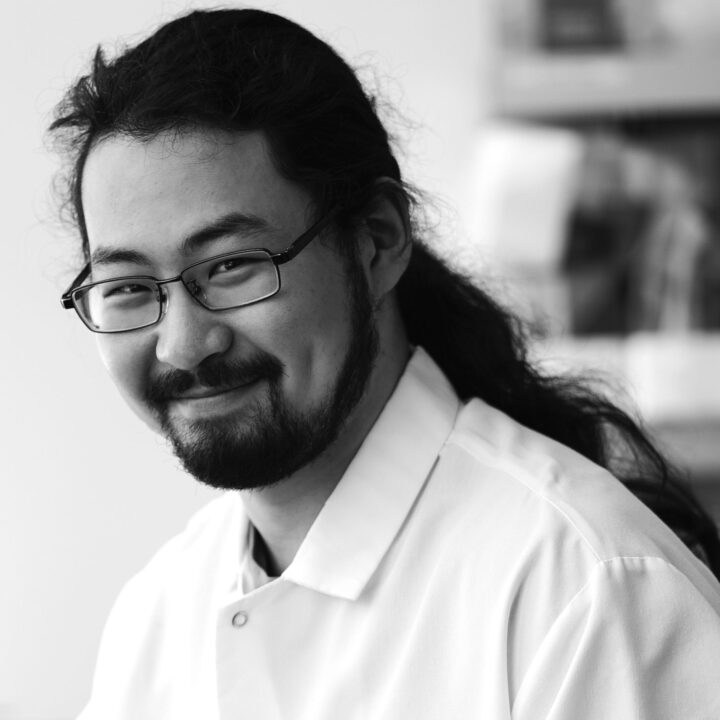
BATUUJIN BURENDEI
HOME: Ulaanbaatar, Mongolia
RESEARCH FOCUS:
Discovering the structure and function of otopetrins, a family of proteins prevalent in the digestive tract and immune system.
I grew up watching science-based shows and documentaries on television and I remember being completely enamored with this worn-out science encyclopedia for kids. So, throughout my school years I was increasingly drawn toward natural science classes and to understanding the environment around me. I think the tipping point in choosing to become a scientist was my lab experience in my fourth year of undergraduate study at Nagoya University in Japan. Thanks to this hands-on work and the encouragement from my professor, I simply fell in love with structural biology and the cutting-edge cryo-electron microscopy.
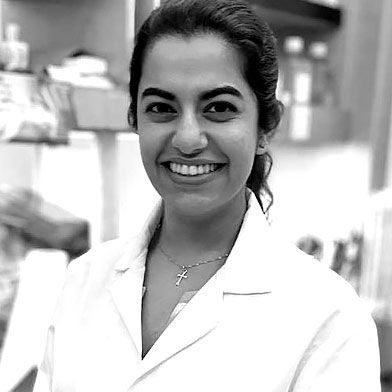
LARA IBRAHIM
Kellogg Fellow
HOME: Tracy, California
RESEARCH FOCUS:
Understanding how cellular stress occurs in conditions like cancer and neurodegenerative disease, and how activating detox pathways can help return a cell to its healthy state.
The support of my parents really fostered my passion for science from a young age. My mom was a pharmacist back in Jordan, so she has been the prime example of a scientist in my life. Outside of my family, I’ve been fortunate to have many other wonderful mentors in science, from my high school chemistry teacher to my undergraduate research advisor at University of California, Davis. Each of them instilled in me a curiosity for the complexities of science—how the tiniest reactions and molecular interactions in our bodies are the controllers of human health and disease.
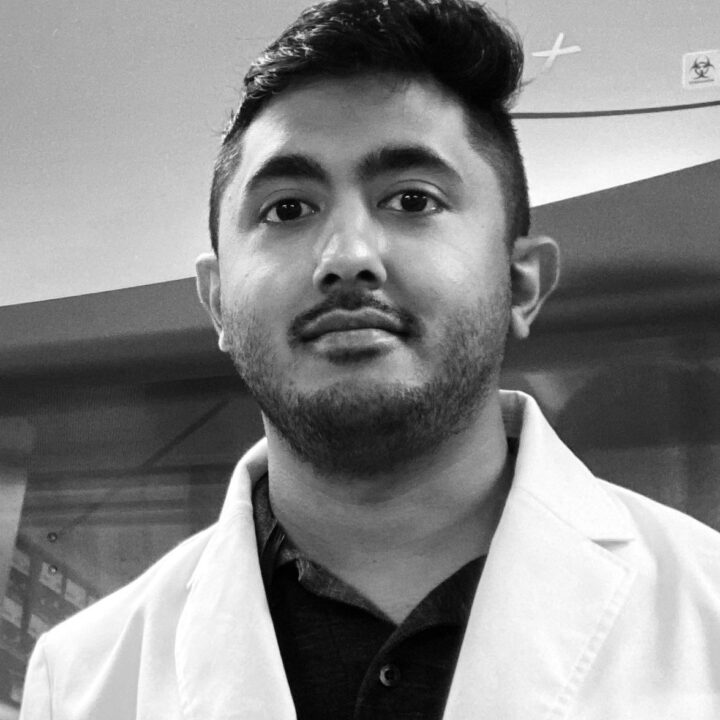
SHAWN ABEYNAIKE
HOME: Colombo, Sri Lanka
RESEARCH FOCUS:
Developing and testing new ways of engineering the immune system to recognize and protect against tumors or infectious diseases.
In school I was intrigued by how human biology worked, but I grew up in Sri Lanka, where the scope of scientific research is limited and is not considered a typical career path for most people. I felt like I had to carve out my own path, so I decided to enroll in an undergraduate degree at the University of Sydney, Australia. During one summer there, I received a research scholarship to work in a real-world laboratory. From that moment on, I was hooked. Although I later enjoyed conducting some healthcare-focused research in Southeast Asia, I realized that making the fundamental breakthroughs at the lab bench was my true passion.
Inspiring the next gen
Part of Scripps Research’s mission is to help people of all backgrounds find and cultivate a love of science. The Skaggs Graduate School plays a major role in this, with a dedicated outreach team working to inspire a new generation of scientists with dynamic educational tools and events.
Upcoming Outreach Programs
SMILE Program
Scientists Making Impacts in Learning Environments (SMILE) is a program partnering with local K-8 schools, especially under-resourced schools in the community, to provide engaging, unique and fun science lessons taught by Scripps Research scientists.
SciMet Competition
A summer science competition open to all K-12 students, exploring fundamentals of the scientific method and challenging students to effectively communicate their ideas.
Virtual Citizen Science Experience
A mini internship program for local high school students who work on a citizen science initiative in an effort to annotate COVID-19 data using the power of crowdsourcing biology.
SURF Program
The Summer Undergraduate Research Fellows (SURF) Program offers virtual and hybrid internships where students are provided with personal faculty mentors and individual training while working on an independent research project. Additional participation in weekly seminars hones students’ public speaking and networking skills.
Learn more at
education.scripps.edu/k-12-outreach